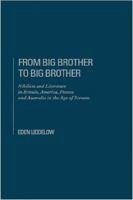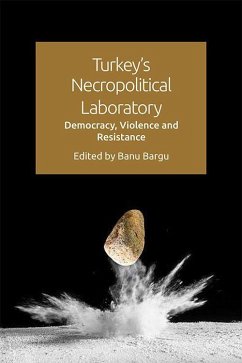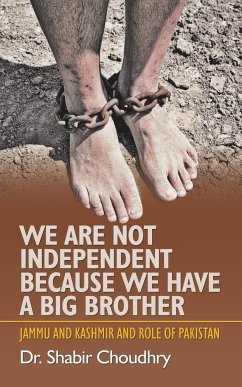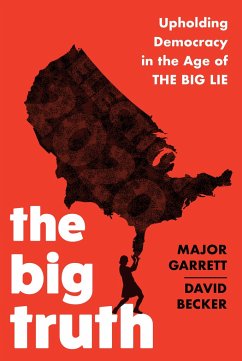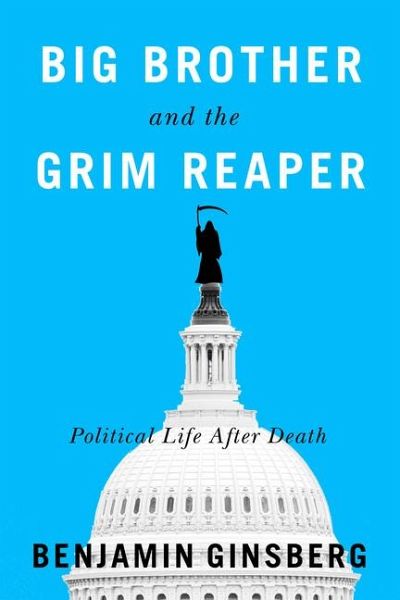
Big Brother and the Grim Reaper
Political Life After Death
Versandkostenfrei!
Versandfertig in über 4 Wochen
40,99 €
inkl. MwSt.
Weitere Ausgaben:

PAYBACK Punkte
20 °P sammeln!
States are thought only to exercise power over the land of the living. Benjamin Ginsberg argues otherwise, exploring the state's reach into the realm of the Grim Reaper, bureaucratizing death to strengthen the state's hold on life. The state accomplishes this by treating the loyal dead with respect and consigning the faithless to the void.




